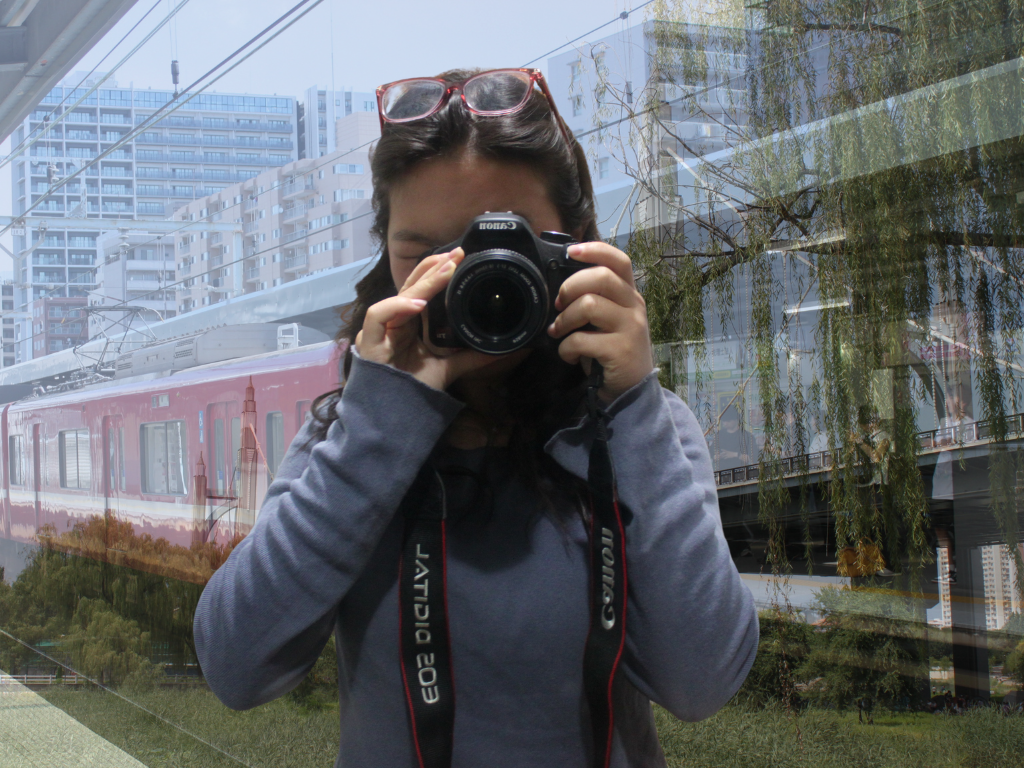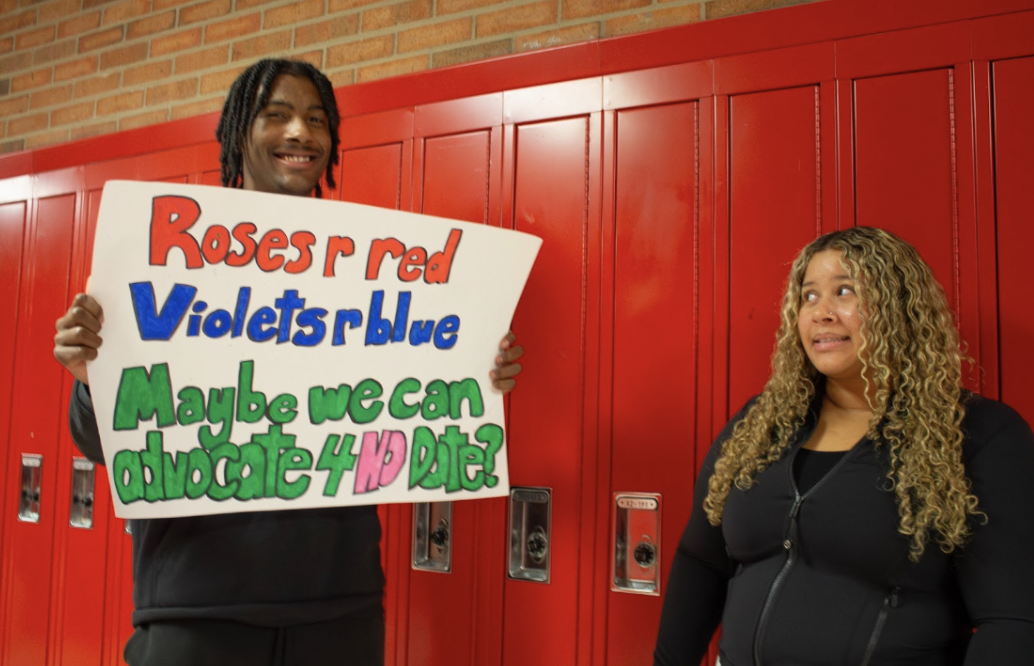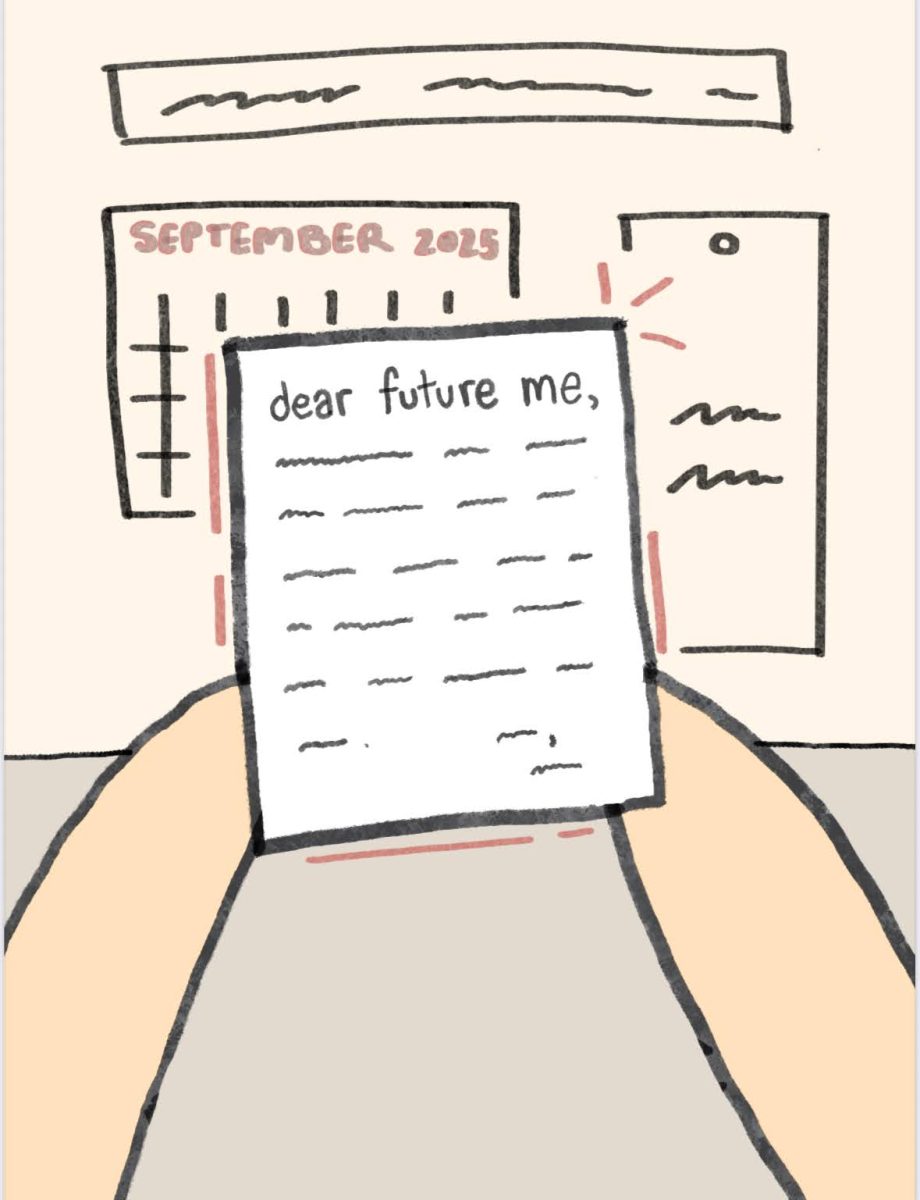I’ve spent countless hours watching rom-coms. From Julia Roberts professing her love to Hugh Grant in “Notting Hill” to Matthew McConaughey stopping Kate Hudon’s taxi on the Golden Gate Bridge in “How to Lose a Guy in Ten Days,” rom-coms have made up an essential part of my film-watching experience, and even the way I approach life.
The romantic comedy portrays the normal life — though of course, where everyone is abnormally ten times more attractive than the average person. In most films, two people meet under typically unusual circumstances (a meet-cute) and fall in love. But then (uh-oh!) a rift arises and breaks the two apart, before eventually bringing them back together through a grand gesture or speech (see (see “Ten Things I Hate About You” or “When Harry Met Sally” respectively).
We enjoy watching two conventionally attractive people fall in love; that’s what the rom-com is. But it is more than that too. Rom-coms offer comfort. They offer familiarity in an uncertain world—where at least, we will be certain that the two main characters will end up back together, and live happily ever after. They offer the notion that even in a world that often feels loveless, love is still possible and that maybe everything will end up okay in the end.
Ever since the end of the 2000s, people have been claiming that the “rom-com has died.” Has it really died—have people stopped making them, or have people stopped watching them? And most importantly, why?
The romantic comedy genre first began around the early 1940s, transitioning from the screwball comedy (a satirical romantic comedy that emphasizes humor in romance) to a full on rom-com. The two are both romantic comedies, but the screwball takes itself and love lightly, treating it with humor, while the romantic comedy takes love seriously.
From then, the rom-com began to grow steadily, until peaking in the mid-90s right until the end of the 2000s, known as the “rom-com golden age.” After the 2000s, not only did the number of rom-coms drastically decrease, but the profit and popularity did as well.
Rom-coms made up a decent percentage of the highest-grossing films at the box office during its golden age, with Reuters finding that there would be at least one rom-com that made its way into the top 20 highest-grossing films each year. Since the late 2000s, the only movie to break into the top 20 was “Crazy Rich Asians,” in 2018..
Was it because directors and studios stopped producing rom-coms that viewership decreased, or was it because viewership decreased that directors and studios stopped producing rom-coms? The answer lies in both.
Rom-com movies were almost always mid-budget films—a film whose production cost will range anywhere from $5-75 million, depending on who you ask. Consequentially, at the same time as the golden age of the rom-com drew to an end, so did the life (and eventual death) of the mid-budget film.
While the death of the mid-budget film is wholly another subject, it can mainly be attributed to two factors: the increased success and profit studios saw in blockbuster films and the rise of streaming, which both led to the fall of the mid-budget film.
Because the mid-budget film stopped being made, so did the rom-com. But that’s not all there is to this story — viewers played a part in the fall of the rom-com as well. Because while rom-coms do offer comfort, familiarity and love, rom-coms present the most allusive thing of all: escapism — which leads us to the key to why modern rom-coms have failed.
In the current day, we are faced with a discouraging truth: modern love, which is pioneered by perhaps the most unromantic thing—dating apps. Dry texting. Ghosting. (The horror!) What better way to go back to simpler times, to the 90s and 2000s, than to watch golden age rom-coms?
The key to success for golden age rom-coms is nostalgia. They reflect the dating scene at the time — while equally as complicated, it was simpler in a way, that it did not require access to the internet and the ability to swipe left or right. If someone is fed up with current society, why would they watch a film that reflects the struggles of said current society? No one in their right mind would. Which is why no one wants to watch a modern rom-com — because what exactly is romantic about the modern dating scene?
To answer the question, I don’t think the rom-com has died. It’s never gone away. The modern rom-com might have left the scene for now, but the genre lives on forever, and certainly more than just in our hearts. At its core, the romantic comedy is about love. And as long as love lives on, we’ll continue to go back to those Saturday nights, with a pint of ice cream on the couch and we’ll watch Harry declares his love for Sally for the hundredth time. And of course, with a box of tissues. Just in case.










